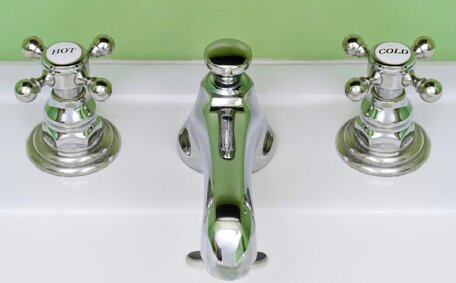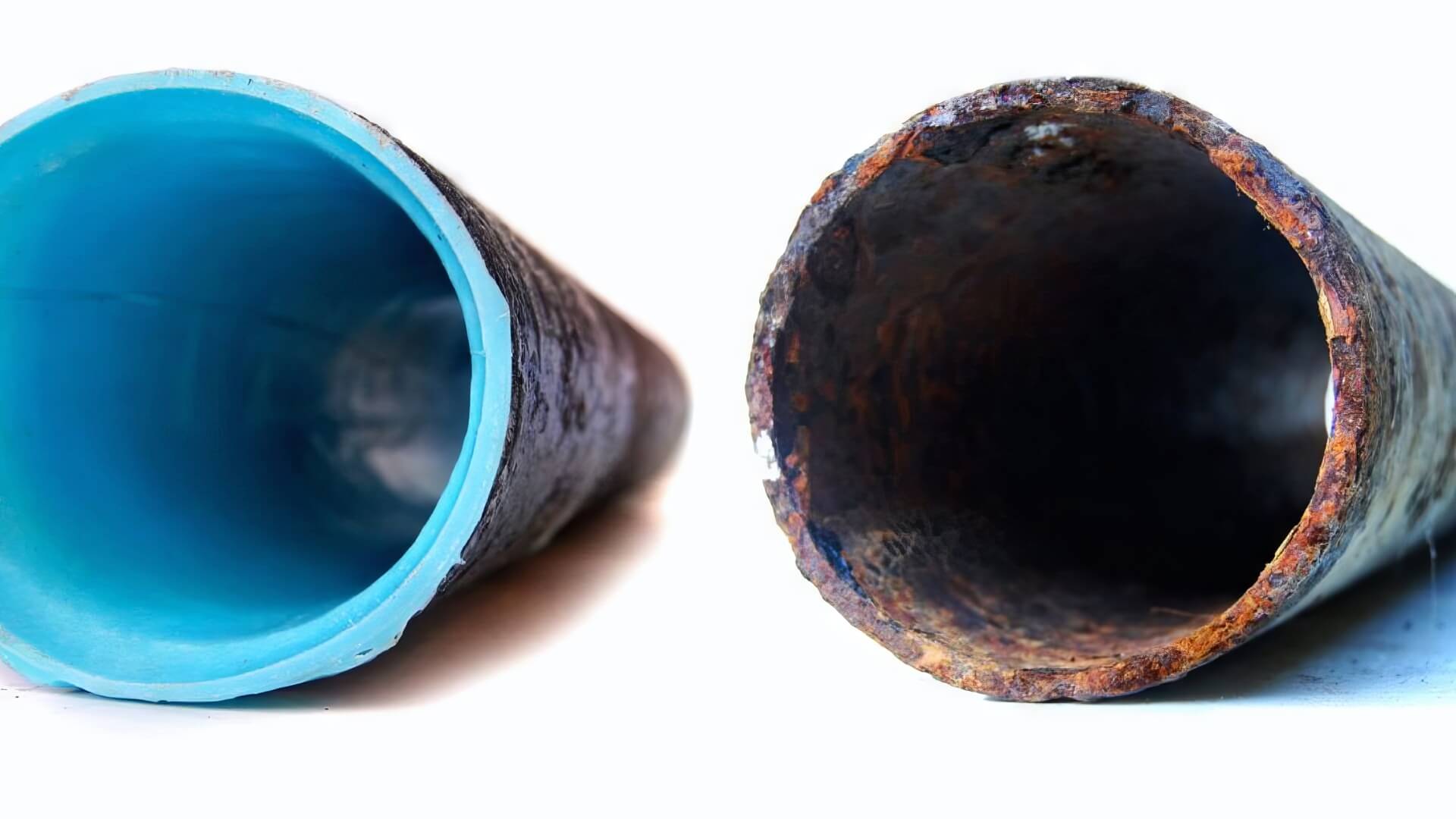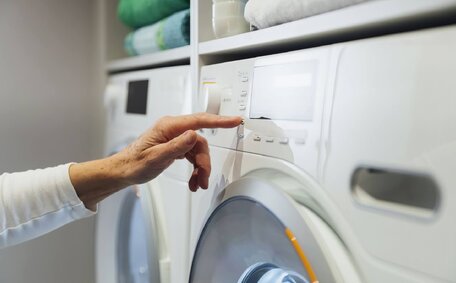Understanding Household Hazardous Waste
Household hazardous waste encompasses leftover products with corrosive, toxic, ignitable or reactive properties, which, if mishandled, present significant risks to health and the environment.
Common household hazardous waste comprises items such as batteries, cleaning products, pesticides, paints, motor oil, fluorescent tubes, and gasoline, all of which require careful disposal. Improper disposal of hazardous chemicals can cause pipe corrosion and extensive damage to plumbing systems.
Additionally, careless disposal can create grave environmental hazards, with the potential for waste to leach into soil and pollute water sources. Runoff can carry dangerous substances into rivers, lakes and aquatic environments as well. This threatens local ecosystems and wildlife over the long term.
Within Hunters Hill, Sydney, residents must take care to identify hazardous household waste and dispose of it responsibly.For safe disposal, contact your local resource recovery authority to locate drop-off points and receive guidelines for handling procedures. Separating these dangerous goods from solid waste is key to avoiding environmental contamination.
Identifying Pipe-Harmful Household Chemicals
Many household products, if not disposed of in accordance with local waste management regulations, can damage pipes. Chemical products like bleach, drain cleaners, oven cleaners, and acidic toilet bowl cleaners are highly corrosive and can eat away at pipe materials over time. Solvents like paint thinner, varnish, glue and nail polish remover can also dissolve certain pipe components.
Gas cylinders, oil-based paints, and stains contain solvents that can adhere to pipes and compromise their integrity. Batteries, both single-use and rechargeable, pose disposal hazards due to their metal and chemical composition, highlighting the risks of improperly handled hazardous waste. Batteries must never be disposed of in ways that could cause landfill fires.
All of these waste materials have the potential to leak from facilities, These substances also risk overwhelming septic tanks or wastewater treatment plants not designed to process them.
Identifying hazardous household chemical types is the first step toward proper disposal procedures. Checking labels for warnings related to ingestion, skin contact, inhalation or flammability helps gauge the level of caution needed. Local waste authorities can guide you to prevent disposal of chemical waste in landfills or residential drains.
Storing Hazardous Chemicals Properly
To prevent leaks, spills, and accidents, follow these guidelines to ensure all safety measures are in place when storing hazardous household chemicals:
- Keep products in their chemical containers with original labels to avoid misidentification, particularly around young children.
- Ensure lids and caps are tightly sealed to prevent leakage.
- Never put dangerous chemicals within reach of young children or pets, and prefer a secure location like a locked cabinet or on a high shelf for storage.
- Group items such as cleaners and solvents together, separately from other household items, keeping flammable materials away from heat and ignition sources.
- Place containers on low shelves or in rubber bins to contain spills and leaks.
- Never store hazardous products in areas associated with activities where people might eat, drink smoke when handling food, animal feed or medical supplies.
- Maintain an organised storage handling area so you can quickly identify and account for materials.
- Inspect containers regularly for damage, corrosion, or expiration, and determine the safe disposal method if necessary.
- Consult your local waste authority before disposing of hazardous household chemicals to ensure proper procedures.
Proper precautions in storing hazardous substances at home are crucial to prevent environmental contamination from accidental spills and ensure safe disposal. It also safeguards your family and plumbing infrastructure against harm.
Safe Disposal Methods for Household Hazardous Waste
When it comes to properly disposing of household hazardous waste in Hunters Hill, Sydney, there are several safe methods residents can utilise:
Council Chemical CleanOut Events
Councils such as Hunters Hill host annual Chemical CleanOut events, allowing residents to safely dispose of toxic household substances during kerbside collection. Check your council website for scheduled dates and details.
Permanent Drop-Off Locations
Some municipal hazardous waste facilities accept materials year-round; locate your nearest centre for convenience. Contact your council to find the nearest drop-off point and rules around containment, labelling and volume limits.
At-Home Dilution
You can safely dilute small amounts of some wastes in a toilet or laundry tub, doing so carefully and in minimal quantities. Always refer to product labels and council guidelines, ensuring the utmost diligence.
Avoid pouring waste down residential drain systems if unsure of the proper disposal method. Dropping materials off at a dedicated disposal site is best for plumbing and environmental safety.
Materials That Should Never Enter the Sewerage System
There are certain types of materials that should never be disposed down drains as they can severely damage plumbing systems:
- Cooking oil and grease - They can accumulate within pipes, solidify, and block water flow.
- Paint, solvents and thinners - Highly corrosive to pipe materials.
- Pesticides and herbicides - Toxic chemicals that can cause contamination of waterways.
- Automotive fluids - Petrol, oil and antifreeze leak into soil and groundwater.
- Medications - Residues seep into the water supply and harm ecosystems.
- Electronics and batteries - Contain heavy metals and reactive elements.
Flushing these hazardous wastes jeopardizes both plumbing infrastructure and environmental health. These residues also risk overburdening water treatment plants. For safe waste management, always reach out to your local council.
What to Do After Accidental Chemical Disposal
Accidentally pouring chemicals down sink can happen easily, so it’s important to know how to respond. Here are some steps to take if you accidentally dispose of chemicals into your pipes:
- Promptly dilute the chemical by flushing the area with water for at least 10 minutes.
- Ventilate the area by opening windows and using fans to disperse toxic fumes.
- Review the chemical label for any instructions or warnings about accidental spills and contact the manufacturer’s support line for further guidance.
- Inspect your pipes and drains for any signs of damage or leakage. Chemicals can quickly corrode certain materials.
- Contact a third party professional plumber like Hunters Hill Plumbing for assistance if you notice any pipe issues. Our team can inspect and remedy any resultant corrosion.
- Consider investing in drain covers to prevent future spills. Keeping hazardous products properly stored also reduces accident risk.
- Consult your local waste authority for safe hazardous waste disposal procedures.
Prompt action minimises pipe damage and contamination from chemical spills. But professional assistance may be needed to fully inspect and restore your plumbing systems after exposure.
The Environmental Impact of Improper Disposal
Improper disposal of hazardous waste, whether poured down drains or discarded in regular trash, can lead to severe, long-term environmental damage.
Some hazardous substances, such as paint thinners, pesticides, motor oil, and cleaning products, contain heavy metals and solvents that are toxic. Hazardous materials buried in landfills can seriously contaminate the environment, jeopardising human health.
Runoff from waste facilities also enables pollution to seep into waterways like streams, rivers, lakes, and oceans. Local wildlife and ecosystems suffer from habitat destruction and reproductive to mortality issues due to hazardous waste contamination.
At the municipal level, chemical waste dumped in sewers or storm drains overwhelms treatment infrastructure. Residues seep through to pollute public waterways, posing a major environmental hazard.
That’s why adhering to proper waste regulations for identification, storage, and disposal of household hazardous waste is crucial. Following local council guidelines helps keep dangerous chemicals out of landfills and water tables. And utilising dedicated disposal days and drop-off points prevents contamination.
With some foresight and care when handling hazardous household substances, Hunters Hill residents can help preserve the health of local environments for future generations.
Utilizing Community Resources for Safe Disposal
Hunters Hill residents have access to various community resources for responsible hazardous waste disposal:
Council Chemical CleanOut Days
The Hunters Hill Council arranges annual Chemical CleanOut events for the secure disposal of chemicals and hazardous household substances. Upcoming CleanOut days will be advertised on the Council website and in local notices.
In addition to periodic CleanOut events, there are also permanent hazardous waste facilities throughout Sydney. Contact your local Council to find the nearest drop-off location and learn what materials can be disposed of there.
Recycling Programmes
While many hazardous household items like chemical cleaners and solvents require special disposal, Recyclable items, such as batteries and electronics, can be dropped off at kerbside collections. These include:
- Motor oil
- Batteries
- Light globes and tubes
- Mobile phones and accessories
- Paint tins
Seek guidance on area-specific recycling policies from your local council. Some additional e-waste may be accepted on hard rubbish collection days as well.
Proper disposal of hazardous household waste demands a community-wide commitment. By utilising resources such as those provided by Sustainability Victoria and participating in initiatives like CleanOut days, Hunters Hill residents can help protect local plumbing and preserve the environment.






